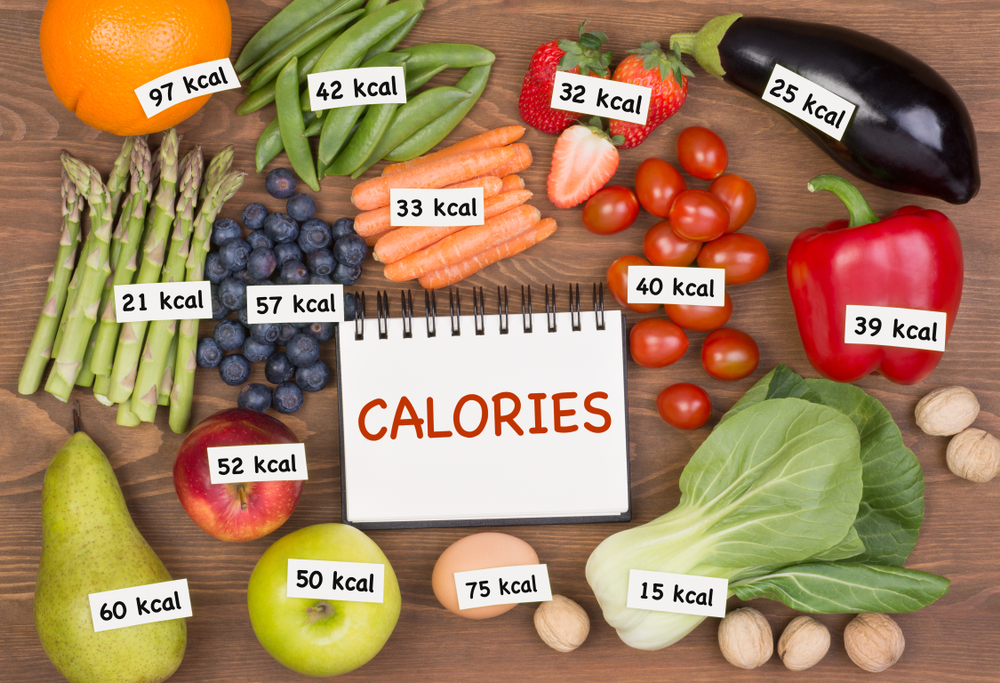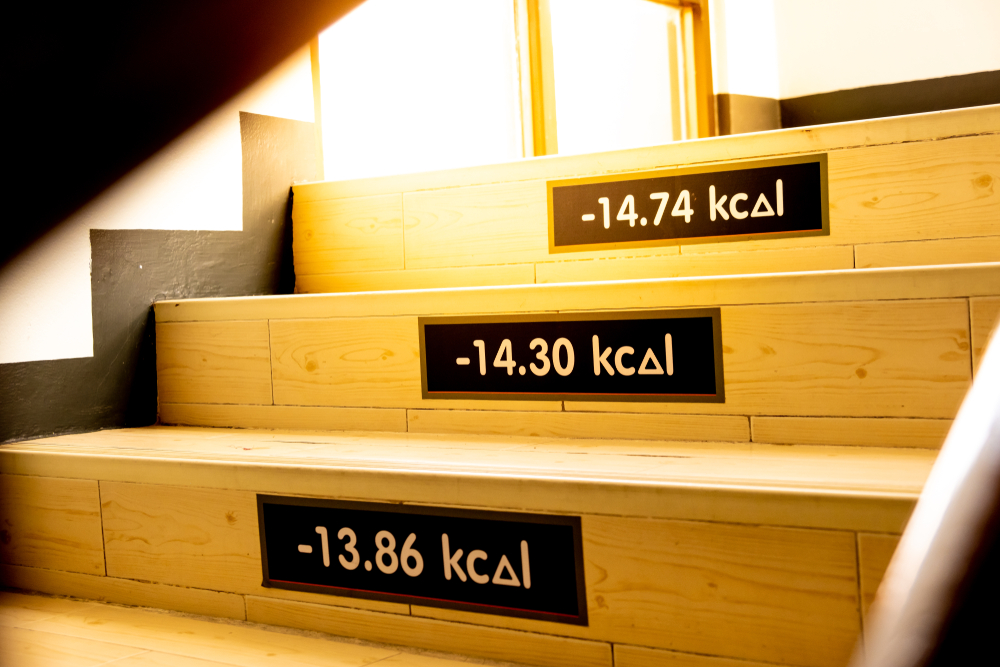The daily calorie requirement is the amount of calories that must be taken in each day to keep the body functioning properly. They vary according to current weight, sex, age, height but also physical activity.
In order to better control your weight, it is therefore necessary to calculate your daily calorie requirements and establish a balanced and adapted diet accordingly!
Calorie calculation: formulas
There are several formulas to calculate your resting metabolism according to your current weight:
-
The Harris and Benedict formula (1919) 1 :
- Male: 13. 7516 x Weight(kg) + 500. 33 x Height(m) - 6. 7550 x Age(years) + 66. 479
- Female: 9. 740 x Weight (kg) + 184. 96 x Height(m) - 4. 6756 x Age(years) + 655. 0955
-
Harris formula reviewed by Roza and Shizgall (1994) 2 :
- Male: 13. 707 x Weight(kg) + 492. 3 x Height(m) - 6. 673 x Age(years) + 77. 607
- Female: 9. 740 x Weight(kg) + 172. 9 x Height(m) - 4. 737 x Age(years) + 667. 051
-
Black et al (1996) formula: reference formula used particularly for
overweight and elderly people (over 60 years old) 3 :
- Male: x (1000/4. 1855)
- Female: x (1000/4. 1855)
In the case of sports, it is necessary to adjust this calculation to the level of physical activity. In this case, the amount of calories obtained with the above methods must be multiplied by:
- 1. 375: sedentary (office work and low physical activity)
- 1. 56: light physical activity (training 1 to 3 times a week)
- 1. 64: moderate physical activity (training 4-6 times a week)
- 1. 82: intense physical activity (more than 6 training sessions per week)
Macronutrients
But it's not just the calories that count! In fact, the distribution of macronutrients must be taken into consideration. That is, the quantities of carbohydrates, proteins and fats.
Depending on the calorie calculation obtained, the macronutrient distribution can be established. Finally, the amount of energy should be distributed over all meals and snacks of the day.
Protein
Protein contributes to many vital processes, including muscle building and recovery. It is therefore necessary to have an adequate intake. Protein intake should represent about 15% of daily calorie intake, i. e. 0. 8g/kg body weight/day 4. But here again, this intake should be adjusted according to the type and level of sporting activity. In fact, in the context of a strength sport, it is recommended to consume 1. 6g/kg/day of protein, whereas in the context of an endurance sport, it is recommended to consume 2kg/kg/day of protein.
Fats
They contribute to the proper functioning of the body, particularly the hormonal system, and provide an important source of energy. They should represent about 35% of the daily calorie intake, i. e. about 1g/kg/day 4. It is essential to favour good sources of fats (olive oil, salmon, oilseeds, etc. ).
Carbohydrates
This is the main source of energy for the body. They play a role in caloric adjustment, i. e. the amount of energy provided in the form of proteins and lipids will remain unchanged, but will be modified in order to gain, lose or stabilise weight.
Of course, all these calories must be taken in as part of a balanced diet and moderate physical activity in order to stay healthy. The daily calorie intake should be adapted according to the rest or activity days according to the formulas detailed above. Training days should obviously have a higher calorie intake, particularly at meal times before and after exercise.
It is also possible to build your diet according to your caloric needs and goals with a reliable online calorie calculator or applications such as MyFitnessPal. But if this is not enough, don't hesitate to turn to health professionals (dieticians, nutritionists) who can guide you to reach your goals.





